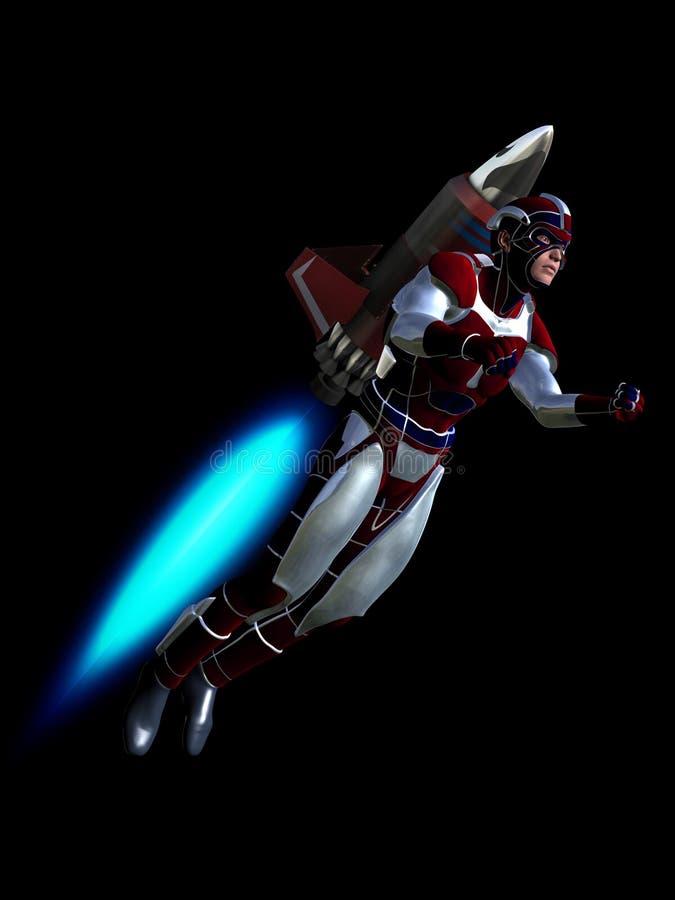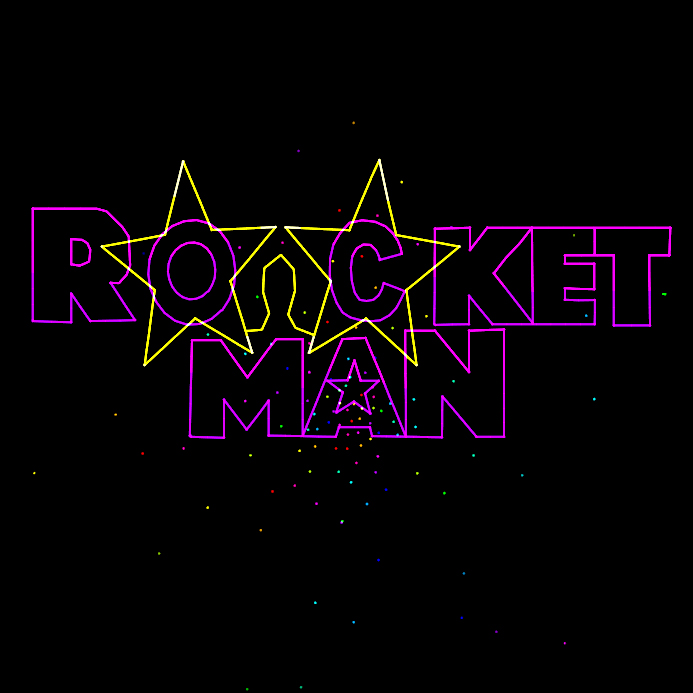

“I don’t think anyone realises the pressures artists go through when they record, putting their body and soul into it, and I can’t explain the incredible difference it made working in France,” John told Sounds. It was the dream scenario of John and Taupin’s fabled two rooms, but now in the same castle.
ROCKET MAN HOW TO
He would then work the songs up with a band who intuitively knew how to follow him as the compositions soared off the page and onto tape. On many days, Bernie would come down to breakfast with a sheaf of lyrics that Elton would then “visualize” and turn into what were often fully-formed melodies. Engineer Ken Scott told Buckley: “The decision had been made that Madman Across The Water was the end of Chapter One and that it was about time to move on and do something completely different, and that something was Honky Château.” Writing the songs: ‘It was like the Motown hit factory’ “Getting it together in the country” was already the imagery of rock cliché, but there was something entirely agreeable about the working and living conditions in this home from home that proved joyously productive.


Watch Elton John And Taron Egerton Perform ‘Tiny Dancer’ To Help AIDS Relief.Best Elton John Songs: 20 Essential Tracks By The Rocket Man.Paramount Pictures Share New Elton John ‘Rocketman’ Featurette.His arrival expanded Elton’s trio to a much more flexible quartet format, and he proved eminently capable of building from his folk music background into a rock-oriented lead guitar role that became the band’s bedrock for decades to come. The appointment of 21-year-old Scot Davey Johnstone came out of left field, but it proved to be inspired. I think we’ve gone as far as we can on the grand scale with string arrangements and that. “It’s going to be a really funky album,” said Taupin in an interview early that year, as quoted in David Buckley’s Elton: The Biography. With the relocation to France came a resolve to sidestep the already well-worn singer-songwriter syndrome and to create a “band” vibe. After the breakthrough of “Your Song,” the singles “Friends,” “Levon,” and “Tiny Dancer” were more modest crossovers to AM pop radio in the US, but they were his pulse at a time when British acceptance of his sometimes introspective style was patchy at best. The dawn of 1972 had Elton making ever greater inroads into the American album rock market and the holy ground of FM radio. Recording sessions: ‘It will shock a few people’ He and the band loved the pastoral atmosphere of the château so much, it became their creative bolthole for three albums in a row. Elton had devoted a great deal of time to breaking America, and Honky Château would raise his game to new levels. But the album turned gold in America even during that French sojourn, and went double platinum in the 90s. Startlingly, Madman Across The Water didn’t chart on its initial UK release (despite the fact that its predecessor, Tumbleweed Connection, spent 11 weeks in the Top 10 there) and many critics sniffed at the density of its song constructions.

In this relaxed environment, where the studio clock ticked so much more quietly than at home, he and his core team – bassist Dee Murray, drummer Nigel Olsson, new guitarist Davey Johnstone, ever-present co-writer Bernie Taupin, and producer Gus Dudgeon – created a new staging post for an artist determined to keep breaking new ground.Įxpectations were, by now, growing palpably higher, at least across the Atlantic. Some 25 miles north of Paris, the château housed a recording studio where Elton and his already well-established band arrived early in 1972. One of them was an 18th-century château in the French village of Hérouville where John set about making the follow-up to Madman Across The Water, Honky Château. But there were certain other locations in his early years of emergence that were vital in that victory. No one would argue that it was the American audience he discovered – and that discovered him – that helped Elton John conquer the world.


 0 kommentar(er)
0 kommentar(er)
